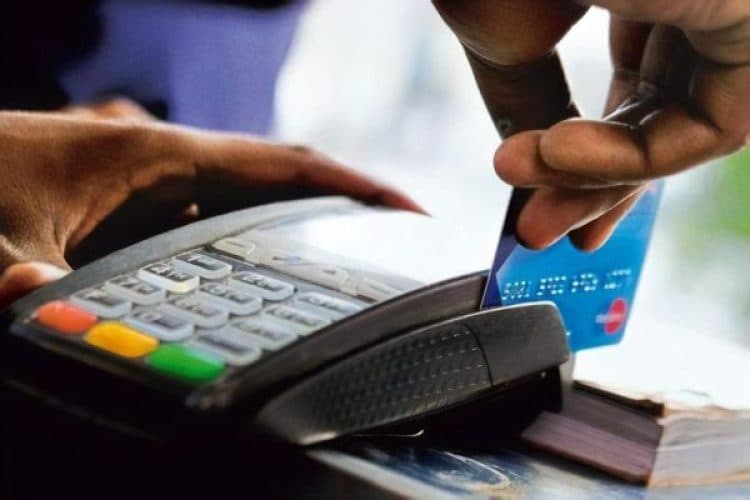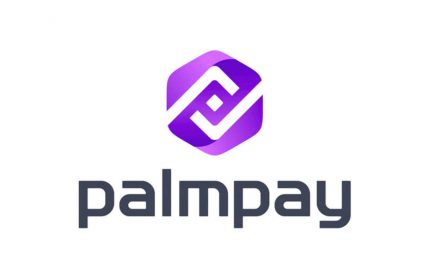The Nigeria Interbank Settlement System plc (NIBSS) has just released a new report that captures a rapid boost in adopting electronic payment transactions in Nigeria.
According to NIBSS’ latest insight on Instant Payments in Nigeria, over 2.03 billion e-transactions were processed in 2020 alone.
In comparison, 2020 recorded a whopping 77% increase from that of the previous year, which recorded only 1.14 billion e-transactions.

Source: NIBSS
In the same vein, the value of electronic transactions also surged by approximately 50%, accounting for a total of N158.1 trillion, compared to N105.2 trillion recorded in 2019.
While 2020’s records were exceptional, the success can be attributed to impacts from the COVID-19 pandemic-induced lockdown and other economic shifts that followed.
Also, 2020’s record numbers build on the consecutive increase in the adoption of e-transactions in the past four years starting 2016.
The rate of electronic funds transfer grew by 140% in 2017 from 154.5 million processed e-transactions recorded in 2016 to 370.9 in 2017.
Following the same trend, 2018 saw about 97% increase, accounting for a total of 729.4 million processed e-transactions.
The following year – 2019, although witnessed a fewer growth rate, increased by 57% to account for a total of 1.14 billion processed e-Transactions.
As seen in the graphics above, 2020 was a blast as it almost doubles the total figure that was achieved in the previous year.
Mobile remains the most used payment channel as USSD grows by 80%
While the year 2020 saw a boost in e-transactions generally, some payment channels contributed significantly to that success.
Like the previous year, most payers prefer to use their mobile phones as the most preferred payment channel, followed by USSD, which saw a significant boost from the previous year.
ALSO READ: Curacel Raises $450k Pre-Seed Funding, Plans Continental Expansion
Specifically, the numbers of e-transactions processed via mobile phones grew by 55% to currently stand at 933.66 million from 506.16 million recorded in 2019.

Source: NIBSS
Hence, mobile phone ranks top of payers choice of payment channel for the year under review, capturing a whopping 43.1% of the entire e-transaction processed during the year.
USSD, which followed, immediately recorded the highest increase year-on-year put at approx. 80% comes second on the chart as it only captures 35.2% of the e-transactions processed in 2020.
In comparison, the number of e-transactions processed via USSD in 2020 increased to 762.19 million from the 422.70 million recorded in 2019.
Other performing channels include internet banking, third-party payment, and bank teller, three of which capture 9.8%, 6.0%, and 4.6% of all e-transactions for the year 2020.
Below the chart are other channels (0.6%) that overtook ATM (0.5%) to be at the 6th position on the list. In comparison, Vendor Merchant Web Portal (0.2%) and POS Terminal (below 0.1%) maintained their previous positions at 8th and 9th, respectively.
Lagos is the hub of electronic payment
Lagos remains at the top of the ladder as the hub for the most electronic payment channeled by a state, accounting for a total of 561.52 million e-transactions, making up about 29.8% of the overall figure.

Source: NIBSS
In comparison, the e-transactions carried out in Lagos increased by 60% to 561.52 million in 2020 from 339.1 million recorded in the previous year.
ALSO READ: ANALYSIS: Can Lagos Afford The Cost Of Body Cameras For Security Operatives?
Other states that made it to the top five include FCT, Ogun, Rivers and Oyo, four of which accounted for 6.6%, 6.1%, 5.6%, and 5.1% of the overall e-transactions, respectively.

Source: NIBSS
Dominating the bottom five states with the least e-transaction activities are Ebonyi with 0.5%; Kebbi with 0.4%; Yobe with 0.4%; Zamfara with 0.4% and; Jigawa with 0.3%.
Millennials top the list of payers’ distribution
NIBSS also considered the age distribution of both payers and receivers of the entire e-transactions recorded during the year under review.
According to the chart above, as provided by NIBSS, youths between the age of 25 to 39 contributed the highest quota to the overall e-transactions processed in 2020.

Source: NIBSS
Youths between the age of 25-29; 30-34; and 35-39 contributed approximately 17.5%, 18.8%, and 17.4%, respectively, accounting for a total of 1.01 billion of the total 2.03 e-transactions processed in 2020.
The age distribution for adolescents and youths between the ages of 15-19 and 20-24 accounted for 0.8% and 10.9%, respectively.
Although the adolescent age distribution did not witness any growth or decline compared to the previous year, youths aged 20-24 increased by 50%.
Similarly, adults between the age of 40 and upward saw a boost in their respective number with 40-44; 45-49; 50-54; 55-59; 60-64 more obvious.
The various age distribution upward of 40 years saw an average growth rate of 50%, further impacting the overall e-transaction processed during the year under review.
Male dominates gender distribution for e-transactions by 72%
Also, in terms of gender distribution, males dominate by channeling the highest number of e-transactions amounting to a total of 1.36 billion, where the female gender only channeled 520 million, capturing 72% and 28% of the overall transaction, respectively.

Source: NIBSS
Albeit, there was a notable increase in the number of transactions processed by both gender Year-on-Year.
ALSO READ: ANALYSIS: Visa’s Acceptance Of USD Coin And Its Benefits For Nigerian Users
Specifically, the overall e-transactions by the female gender grew by approx. 59% from 303 million in 2019, where on the other hand, that of Male grew by approx. 65%
The latest insight into adopting e-transaction in Nigeria suggests that the nation is in the right direction towards achieving a digital economy.
It is also something that stakeholders both from the public and private sectors – especially fintech – should leverage the economic potentials.



















 and then
and then